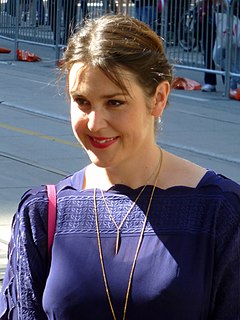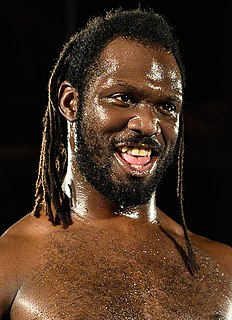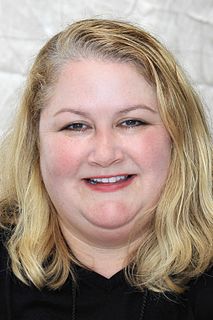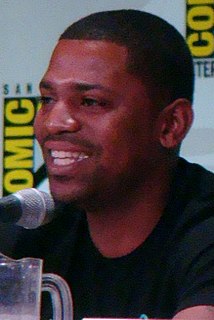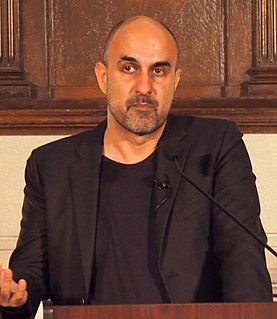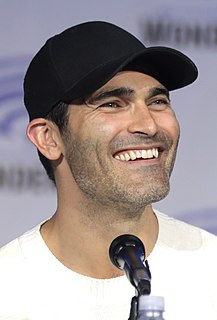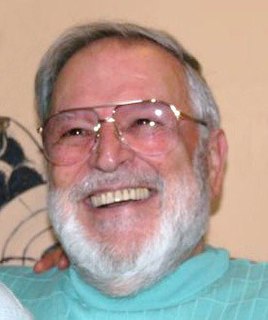A Quote by Carol Drinkwater
Part of the thing about why I wrote memoirs rather than a novel is that if anybody is going to tell my story it is going to be me in my way.
Related Quotes
Lately I've been thinking about the idea that all novels are, at least in some way, about the process of writing a novel - that the construction of the book and the lineage of people constructing novels are always part of the story the author is telling. I think the equivalent for memoir should be that all memoirs are, in some way, about the process of memory. Memoirs are made out of a confusing, flawed act of creation.
I feel like any actor should always be thinking about how to serve the story. The thing to be cautious of is trying to make too much of your "moment," or whatever. The story is a lot bigger than you, and you're there to help it along. The thing to think about is whether what you're doing is true to the moment and where the story's going, rather than going, "Here are my scenes. What can I try and do to make the most of them?"
Vera said: 'Why do you feel you have to turn everything into a story?' So I told her why: Because if I tell the story, I control the version. Because if I tell the story, I can make you laugh, and I would rather have you laugh at me than feel sorry for me. Because if I tell the story, it doesn't hurt as much. Because if I tell the story, I can get on with it.
A story is a way to say something that can't be said any other way, and it takes every word in the story to say what the meaning is. You tell a story because a statement would be inadequate. When anybody asks what a story is about, the only proper thing is to tell them to read the story. The meaning of fiction is not abstract meaning but experienced meaning.
Why should I tell you?" he asked, with no small amount of petulance. "If you tell me, I will leave you alone," I said. "And if you don't tell me, I'm going to grab the nearest ghostwritten James Patterson romance novel and I am going to follow you through this store reading it out loud until you relent." Now I could see the fright beneath the defiance.
Being producer you're still going to have to sell somebody who's going to give you the money on the idea and everything like that. But it does give you a little bit more control if you're thinking in that creative process; it gives you more control to tell the story you want to tell rather than sort of just reading a script that somebody else wrote and says, "Yes, please, you can hire me for this job." So it's a little bit more hands-on, a little bit more closer to the heart.
I realized I had a novel on my hands, but didn't know where it was going to go. So I thought, 'I'm going to do everything that you're not supposed to do when you plan a novel; I'm going to step back and let this thing take itself wherever it wants to go, and I'm not going to worry about how things connect until later on.'
I realized I had a novel on my hands, but didn't know where it was going to go. So I thought, 'I'm going to do everything that you're not supposed to do when you plan a novel; I'm going to step back and let this thing take itself wherever it wants to go, and I'm not going to worry about how things connect until later on.
You could perhaps better tell the story of a place by writing of a tiny village as a sort of prism into the bigger issues the culture was facing. It struck me as a better way to learn about a place, or at least a different way, than just going to interview the president. So I have often tried to tell the story of a place through people there. But I'm just amazed.
I love sitting down with my friends at dinner and actually telling them a story, as opposed to going, "Hey, did you see that thing I posted on Instagram?" For me, I would so much rather sit there and actually share a story with somebody and have somebody tell me about their trip, or things like that. I don't need to see it.
As for 'story' I never yet did enjoy a novel or play in which someone didn't tell me afterward that there was something wrong with the story, so that's going to be no drawback as far as I'm concerned. "Good Lord, why am I so bored" "I know; it must be the plot developing harmoniously." So I often reply to myself, and there rises before me my special nightmare that of the writer as craftsman, natty and deft.
When I was there at Marvel, everybody thought if you could draw well and you could do sensational panels, that you were going to be a success. The truth is that no matter how good or bad you are as a draftsman, if you can't tell a story, you don't last in comics. ...About halfway through my stay at Marvel, I realized I was being paid to tell a story, not do a drawing. That's why my stuff is always rather simple and uncomplicated compared to a lot of guys.


